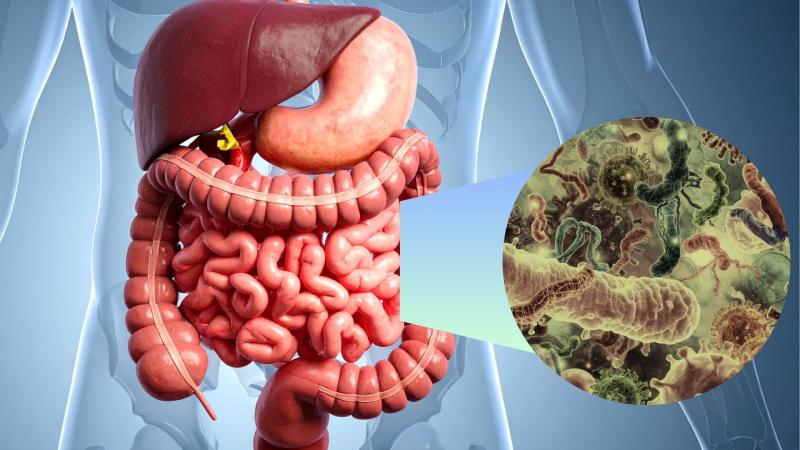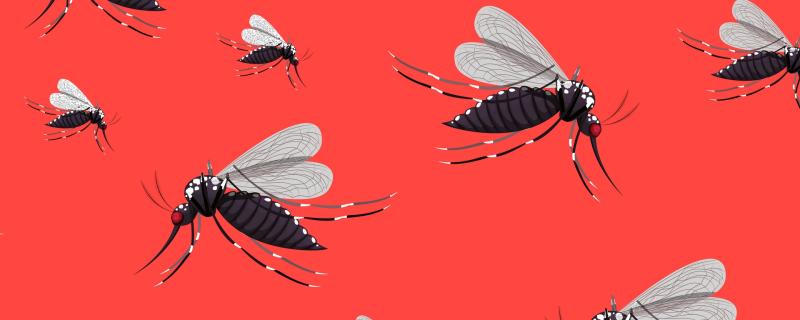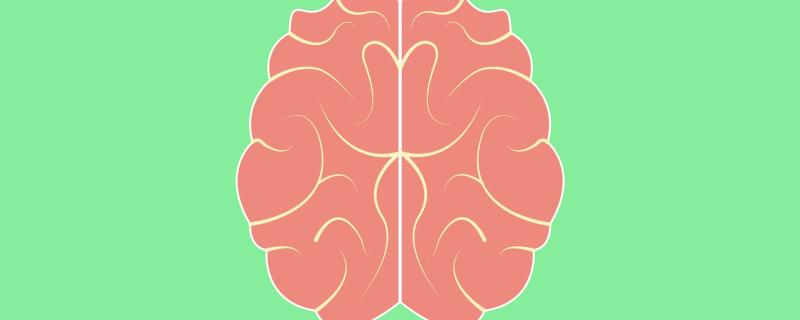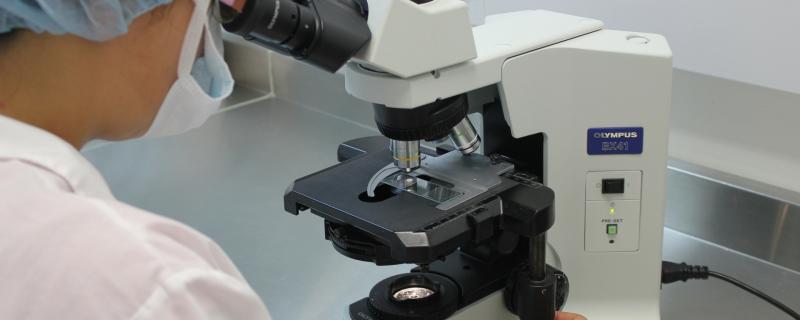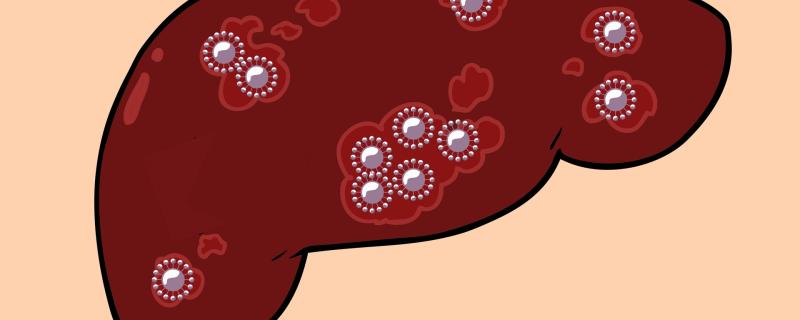Cancer is a difficult disease, both for patients and doctors. One of the many side effects of cancer therapies is secondary infections that are caused by a weakened immune system. Current strategies for treating bacterial infections in cancer patients have many drawbacks. Addressing these issues scientists from the Indian Institute of Technology, Delhi show that administering antimicrobial medicines with gold nanoparticles increases their efficacy by upto 40%.
Health
[field_op_main_image]
We live in an era of medical advancements where sequencing of the human genome and its subsequent applications in personalised medicine, offer to completely revolutionise the diagnosis, treatment and even prevention of various diseases. Personalised or precision medicine is an approach that strives to move away from the ‘one-size-fits-all’ philosophy of Western medicine. It tries to cater to an individual’s disease condition, genetic predispositions as well as local environmental factors. Surprisingly, the concept of personalised medicine isn’t a brand new one.
[field_op_main_image]
Chillies are an indispensable part of the Indian platter and contribute heavily to our economy since India is a leading producer of chillies. A threat facing the chilli farmers is the fungal disease caused by Colletotrichum truncatum that affects the yield of the crop. In a new study, scientists have explored the mechanism behind the fungal disease, how the fungus actually attacks the plant and fruits and have also studied the genotype of the causative agents. This study, the researchers believe, can help develop mitigation plans and save farmers from an impending crop loss.
Medical advancements and modern scientific techniques strive to solve challenges posed to human communities, especially healthcare threats. Viruses are one of the major threats and tend to make themselves resistant to drugs and evolve new mechanisms for survival by making subtle changes in their DNA called as mutations. Today among the many viruses, Dengue virus has been a serious problem causing mortality in widespread areas. Although treatments and drugs have been developed, it is essential to make sure that we’re ready to face worse cases in future.
The human body has a mechanism to maintain a certain balanced pH (potential of Hydrogen), or the degree of acidity or alkalinity in the body. Generally, this is found to be around 7.35 (on a scale of 0-14), and it varies throughout the day, depending on one’s diet and activities. The pH levels in tissues are far more sensitive.
[field_op_main_image]
Human beings, in their brief history, started off as hunter–gatherers hunting animals and birds, or collecting fruits and nuts to eat. They then invented agriculture, a revolutionary transformation from ‘collecting’ food to ‘growing’ it. Suddenly, acquiring food, which was one of the most important task of the early man, became a breeze. Today, in the era of technology, food production has reached new levels and so have our ways of handling the produce.
Approximately 75% of the emerging infectious diseases and 60% of all human diseases are zoonotic in nature, i.e. they are are caused due to the spread of infection between animals and humans. Leptospirosis, a zoonotic disease is a bacterial infection caused by the pathogen spirochetes and reports an estimated 1.03 million cases and 58,900 deaths each year. Leptospira contains 250 antigenically diverse species and due to these distinct variations in the bacteria --called serovars, creating a cross-protective vaccine against the disease is challenging.
Welding is a process that has been used to sculpt metal from the renaissance periods. Over the ages, it has become one of the key processes in making several consumable and artistic materials. Though there is mechanization in most industries, this field still has over 5 million people working in it. The massive industry, comes with its own set occupational hazards. Welding releases a cocktail of toxic gases, heavy metals and nanoparticles. Even upon exercising great care and protection, these substances can still be inhaled by the workers.
Research at the Indian Institute of Science, Bengaluru and Vikram Sarabhai Space Centre, Thiruvananthapuram indicates that black carbon (BC) aerosol emissions from aircrafts could be impacting the stratospheric ozone layer. Aerosols are minute particles suspended in the atmosphere that interact with incoming and terrestrial radiation affecting the earth’s climate. Some aerosols, such as sulphates and, nitrates cool the atmosphere. BC, on the other hand, is a positive climate forcing agent, absorbing radiation across a wide range of wavelengths.
Hepatitis C Virus (HCV) affects 6-11 million people in India. Chronic HCV infection is the leading cause for liver-related deaths worldwide. In India, HCV infection was estimated to be responsible for 59,000 deaths in the year 2015. Moreover, untreated HCV infection could also lead to substantial economic burden. However, the advent of directly acting antivirals (DAAs), is proving to be a game changer in HCV treatment. Directly acting antivirals target specific enzymes and the genetic material in HCV, hence stopping the spread of the infection.
